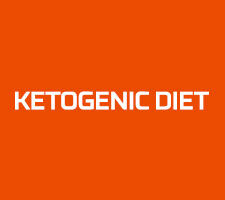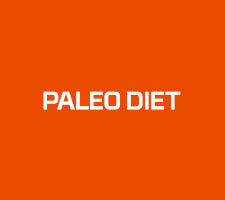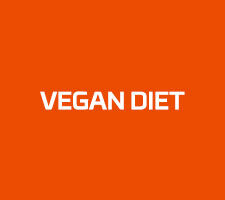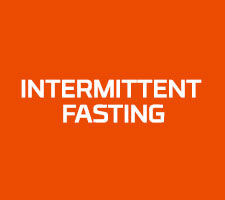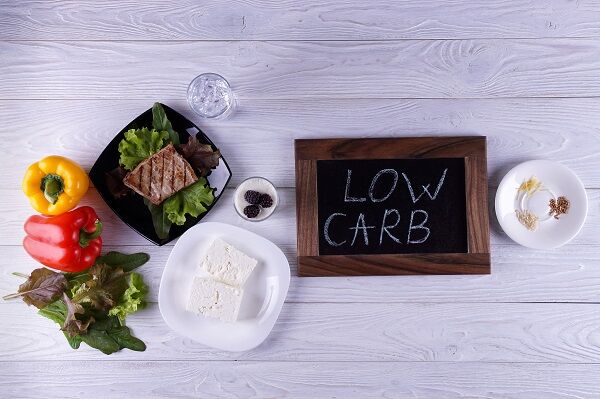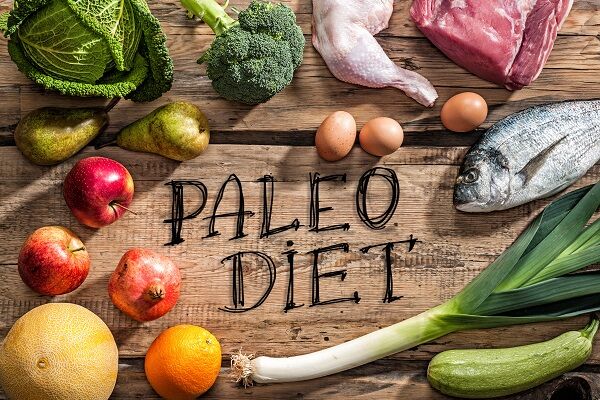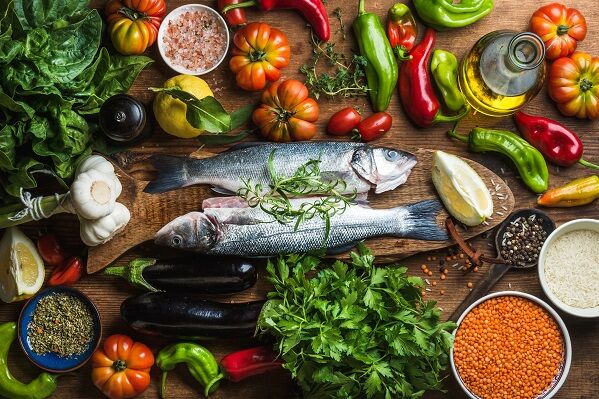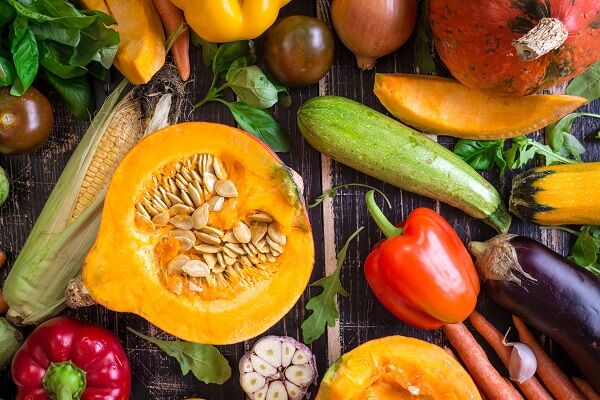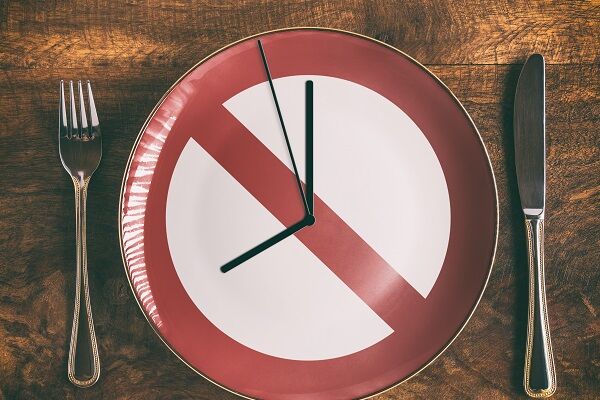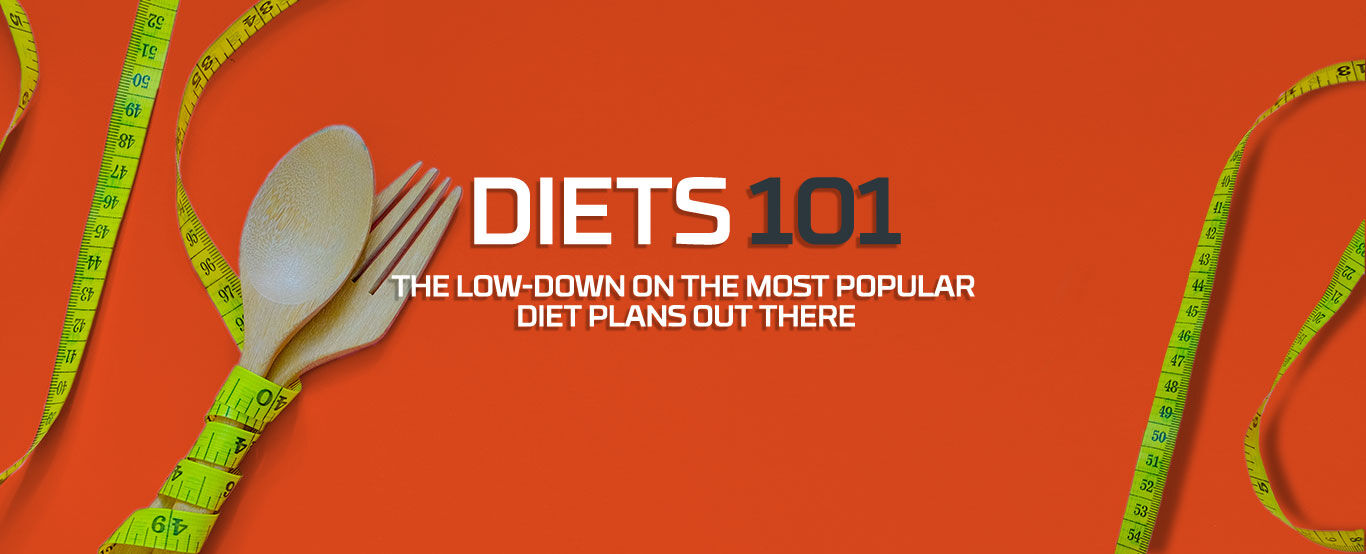
We are all aware sticking to a strict diet can be difficult, and increasing your physical activity alone without eating the right foods, in the right quantities isn't enough to achieve those weight loss goals. Eating a healthy, balanced diet is key to help you feel your best self yet, and keep you on track for the long run.Although every person has different preferences and goals, in order to successfully maintain a healthy-eating regime, you need to find a diet that aligns with your lifestyle.
Ketogenic Diet
Similar to the Atkins diet fad, the ketogenic diet favours high fat foods over most carbs. Your body will burn it's own fat for energy in the absence of carbs, making it a popular choice for those looking to lose weight. In order to master the ketogenic diet, you'll need to diligently plan out meals and count calories. Your daily meal plan will consist of:
* 70 per cent fat
* 10 per cent carbs
* 20 per cent protein
This equals six servings of veggies, four servings of meat or fish, three servings of dairy and two eggs.
Pros:
The immediately obvious pro of ketosis is improved fat loss. What better way to sculpt that fat from your body than to burn it off as energy? To do this, you have to eat fewer calories than you need for energy. You don’t have to eat a super-low calorie diet, either. Fasting, either a prolonged fasting in the morning (say, from midnight until noon) can really kick-start that ketosis. Here is more information on intermittent fasting. When you combine ketosis with an exercise program, you’ll probably notice an even greater fat-loss. So we’ve covered the fat-loss benefit, but did you know that there are medical reasons for going into and staying in ketosis? One of them is epilepsy management, and one is for cancer treatment.
Cons:
The major problem with ketosis is that some people don’t believe that high-level athletes can get enough energy from being in ketosis. These are people with high-energy jobs who also work out, or those who work out a lot, or those who are high-level athletes. A second downfall to ketosis is that it is a very restrictive way to eat and a lot of people have trouble adhering to the diet. Social functions, outings, and trying to find appropriate foods at restaurants all work against someone who is on a ketogenic diet. Also, a long-term, low-carb diet may damage the metabolism, particularly when combined with a low calorie diet and excessive cardio exercise.
Best For:
A ketogenic diet can be great for people who are overweight, diabetic or looking to improve their metabolic health.
It may be less suitable for elite athletes or those wishing to add large amounts of muscle or weight.
And, as with any diet, it will only work if you are consistent and stick with it in the long-term.
That being said, few things are as well proven in nutrition as the powerful health and weight loss benefits of a ketogenic diet.
Paleo Diet
As it's name would suggest, the Paleo diet is comprised of whole foods that would have - for the most part - been consumed by Paleolithic humans. This diet requires discipline. In order to maintain a Paleo diet, you'll need to give up grains, dairy and legumes. In return, you'll see an increase in fibre, potassium and antioxidants. This diet also helps you to lose weight and lower your blood sugar levels. A successful Paleo diet consists of:
* 50 per cent vegetables
* 2 per cent nuts and seeds
* 10 per cent fats and oils
* 13 per cent fruits
* 25 per cent meats and eggs
Pros:
You are more likely to eat a clean diet without additives, preservatives, or chemicals.
There are anti-inflammatory benefits from the plant nutrients in fruits, vegetables, oils, nuts, and seeds.
If you are eating more red meat, you will get more iron.
You may see improved satiety — a feeling of fullness between meals, due to the higher intake of protein and fats.
Many people lose weight primarily due to the limited food choices.
Cons:
It can get expensive.
You don’t eat any grains or dairy which can be good for health and energy.
This diet can be difficult for vegetarians, especially since it excludes beans.
Most athletes need between 3 to 6 grams of carbs per pound of their body weight, per day. This would be very hard to do with just fruits and vegetables.
Best For:
You might choose to follow a paleo diet because you:
Want to lose weight or maintain a healthy weight
Want help planning meals
Want to avoid processed foods
Mediterranean Diet
This diet is ideal if you crave a balance between meats, veggies and carbs. Instead of completely cutting out carbs and grains, you can enjoy these items in moderation and opt for whole grains. On a Mediterranean diet, your diet will consist of whole foods, plenty of vegetables, whole grains and lean meats and fish - in moderation. In order to achieve success with a Mediterranean diet, replace butter with olive oil and salt with herbs and garlic. Follow these daily guidelines when practising this diet:
* Eight servings of grains
* Six servings of vegetables
* Three servings of fruit
* Two servings of dairy
On a weekly basis, include six servings of fish, four servings of legumes, four servings of poultry, three servings of eggs and one serving of red meat.
Pros:
Because the Mediterranean diet is comparable to the AHA diet, it is no surprise that the Mediterranean diet promotes heart health. According to the AHA, the prevalence of heart disease is lower in Mediterranean countries than in the United States. A large percentage of total fat in the Mediterranean diet is from monounsaturated fat, which is largely responsible for the reduction in heart disease because it does not raise cholesterol levels the way saturated and trans fats do. Other benefits on the Mediterranean diet include the high concentration of cancer-fighting antioxidants because of the emphasis on fruit and vegetables, promotion of regular physical activity to maintain a healthy weight and lower sodium intake due to the reduction of processed foods.
Cons:
The Mediterranean diet does not state exact serving amounts per day, but rather lists total macronutrient distribution, which may be confusing for people. For example, the diet uses words such as" low to moderate intake", "abundance" and "often", which does not give exact amounts. Calorie totals and physical activity parameters are not stated, so those who are looking for specific measurements are at a loss. Lastly, moderate consumption of wine, from one to two glasses per day, is encouraged when following the Mediterranean diet, which may not be advisable for people taking certain medication, those with elevated triglycerides or who have pancreatitis.
Best For:
People who dislike counting calories
Can't stand the thought of giving up bread
Like variety in their food.
Enjoy a glass of red!
Vegan Diet
Often, vegan dieters choose environmental or ethical reasons to opt out of all meat and animal by-products. However, a vegan diet can boost your intake of fibre, folic acid and vitamins C and E. Vegans also enjoy a diet low in unsaturated fats, a low BMI and a healthy weight. Veganism is a plant-based diet with a daily meal plan consisting of:
* Eight servings of grains
* Four servings of legumes
* Three servings of vegetables
* Three servings of fruit
Supplements are often required for vegan diets to compensate for calcium, vitamin D, vitamin B12 and iron deficiency.
Pros:
One of the immediate results of adopting a vegan diet is weight loss and this is a definite positive that attracts many people to veganism. A vegan diet is much lower in calories than even a vegetarian diet, because in addition to knocking out the meat, you’re also knocking out high fat dairy products. The weight loss that results from adopting a vegan diet to the much lower fat content in vegetables, fruits and grains as compared to meat and dairy. Fat, also has a much higher volume of calories per gram (there are 9 calories in a gram of fat) than carbohydrates, where the calories-to-gram ratio is 4-to-1, so a diet made up of fruits, vegetables and grains is much lighter.
Cons:
Most vegans struggle with eating adequate amounts of protein. This is especially concerning for those who are trying to gain weight, as it is more difficult to hit macros.Although chances are you will get a hang of this in time, you might also find vegan diets hard to plan. The diets can also be carbs heavy. Vegans rely mostly on legumes, grains, vegetables and fruits for the bulk of their diet. As you have guessed it, all those foods include carbs. There is nothing wrong with an increased intake of carbohydrates. This can be problematic if those carbohydrates sources come from refined sugars and grains which lack any nutrition and can lead to bad weight gain.
Best For:
People with high blood pressie/cholesterol
People who disagree with the ethics of eating animal products
People who want to increase their intake of vitamins, minerals and antioxidants
Intermittent Fasting
Intermittent fasting (IF) is a term for an eating pattern that cycles between periods of fasting and eating.
It does not say anything about which foods you should eat, but rather when you should eat them.
In this respect, it is not a "diet" in the conventional sense. It is more accurately described as an "eating pattern."
Common intermittent fasting methods involve daily 16 hour fasts, or fasting for 24 hours, twice per week.
Pros:
The ability and flexibility to set and change your fasting schedule as time goes on
The freedom from continuously planning your day around your next meal
A reduction in weekly food costs
An uncomplicated diet plan with no tricky formulas, equations, or costly meal plans
Cons:
There's a potential to rebound overeating during the periods you can eat
It has been reported to interfere with sleep patterns
Could compromise overall nutrition by limiting the intake of veggies, fruit, even lean protein and healthy fats
If protein intake is not increased it can lead to muscle loss
Best For:
Intermittent fasting is great for people who don't want to spend the majority of time calorie counting.
IF may not be suitable for pregnant women and people with specific health conditions, such as diabetes, or a history of eating disorders.
If going for periods of time without food doesn't bother you then this is definitely one to try. However if this can cause you to get light headed or dizzy maybe steer clear.
If you've hit a weight loss plateau with more traditional methods then this could be the diet for you
Home | Shop | Help
